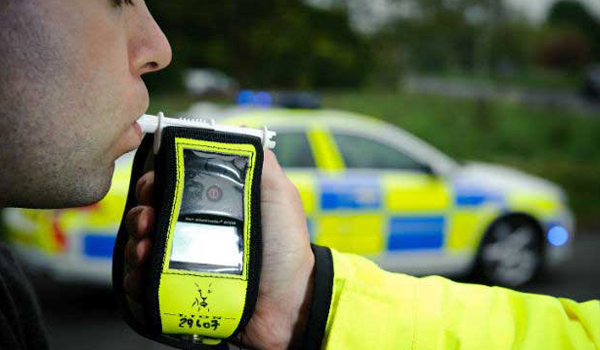APCC backs call for reduction in legal blood alcohol limit for drivers
The Association of Police and Crime Commissioners (APCC) is backing the British Medical Association’s (BMA) call for a reduction in the legal blood alcohol limit for drivers.
The BMA recently produced a consensus statement representing the views of a range of organisations, including medical professional bodies, alcohol and road safety charities and campaign groups, along with police and emergency services.
The statement outlines why they are in favour of reducing the amount of alcohol drivers can consume, alongside evidence showing that even small amounts of alcohol can impair driving ability, significantly increasing the risk of accidents.
In a joint statement, the APCC addictions and substance misuse leads, Joy Allen and David Sidwick, and the APCC’s roads policing leads, Sarah Taylor and Marc Jones, said: “Too many families have been devastated by the consequences of drink driving, with around 300 people dying each year in collisions where a driver is over the limit.
“Even minimal alcohol consumption can significantly impair a driver’s judgment and their ability to react quickly. If we are to save lives and make our roads safer for everyone, we must get across the message that any amount of alcohol before driving is dangerous.
“By supporting the BMA’s call for a lowering of the legal blood alcohol limit for driving, we are sending a clear message: If you drink, don’t drive.
“We are determined, through collaboration with law enforcement partners, medical professionals, and public safety campaigns, to reduce alcohol-related harm on the roads due to the actions of dangerous and irresponsible drivers.”
The police and crime commissioners’ demand for action follows the National Police Chiefs’ Council’s month-long annual enforcement campaign in December targeting drink and drug drivers, Operation Limit. It also supports the Department for Transport’s THINK! campaign, ‘Drink a Little. Risk a Lot.’, which raises awareness about the dangers of driving after consuming even small amounts of alcohol.


